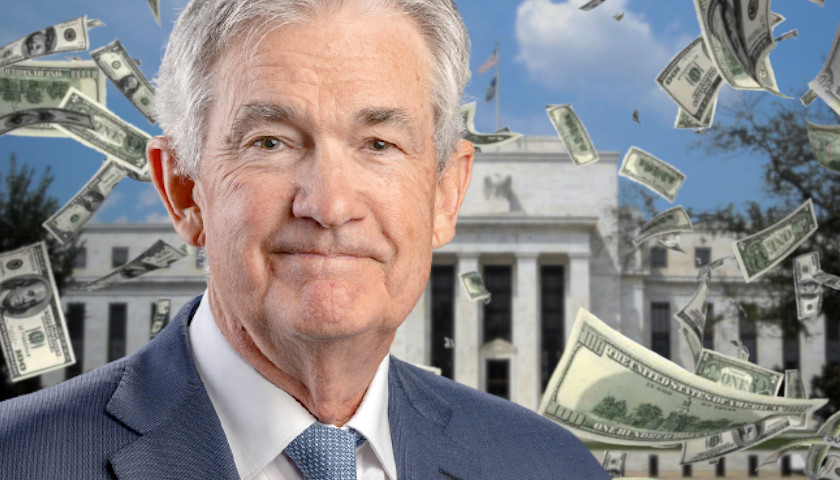by Will Kessler
The Federal Reserve announced on Wednesday that it would not change its benchmark federal funds rate, but does project rate cuts later this year.
The Fed’s decision not to raise rates keeps the target range between 5.25% and 5.50%, the highest level since 2001, marking the fourth meeting in a row where the Fed chose to not adjust the rate, according to an announcement from the Federal Reserve following a meeting by the Federal Open Market Committee (FOMC). Investor projections for upcoming FOMC meetings are increasingly predicting a rate cut, with the market calculating around 58% odds that the rate will be reduced in March as of Jan. 31, according to CME Group.
“The Committee judges that the risks to achieving its employment and inflation goals are moving into better balance,” the Fed said in the announcement. “The economic outlook is uncertain, and the Committee remains highly attentive to inflation risks. In support of its goals, the Committee decided to maintain the target range for the federal funds rate at 5-1/4 to 5-1/2 percent.”
 The rate was set to its current level after a series of 11 hikes starting in March 2022, with the last one being in July 2023. The federal funds rate was hiked in an effort to tame inflation, which peaked under President Joe Biden at 9.1% in June 2022.
The rate was set to its current level after a series of 11 hikes starting in March 2022, with the last one being in July 2023. The federal funds rate was hiked in an effort to tame inflation, which peaked under President Joe Biden at 9.1% in June 2022.
FOMC members in the December meeting projected that rates would be a median of 4.6% by the end of the year, equating to possibly three 0.25% cuts.
The 10-year Treasury note yield is one basis point away from a ‘death cross’ — 50-day m.a. moving below the 200-day! Very bond bullish. Buy, Mortimer!! pic.twitter.com/rqbvPHo5Ku
— David Rosenberg (@EconguyRosie) January 31, 2024
Despite the rate hikes, inflation has failed to return to the Fed’s goal of 2% per year, most recently measuring at 3.4% year-over-year in December, rising 0.3% in the month. The core consumer price index, which measures inflation excluding the volatile categories of energy and food, remains even more elevated, rising 3.9% annually in December.
With rate cuts on the horizon, Americans may soon see some relief from tight credit conditions that have pushed interest rates up on things like credit cards and mortgages. The average 30-year mortgage rate reached a recent peak of 7.79% on October 26, 2023, after rising rapidly from 2.65% at the beginning of 2021.
The Fed is also charged with ensuring maximum employment for Americans, with the U.S. adding 216,000 nonfarm payroll jobs in December, which was in line with typical gains. Despite the decent growth for the month, a large portion of the jobs were concentrated in a few sectors, including government.
– – –
Will Kessler is a reporter at Daily Caller News Foundation.
Background Photo “Federal Reserve Building” by AgnosticPreachersKid. CC BY-SA 4.0.





